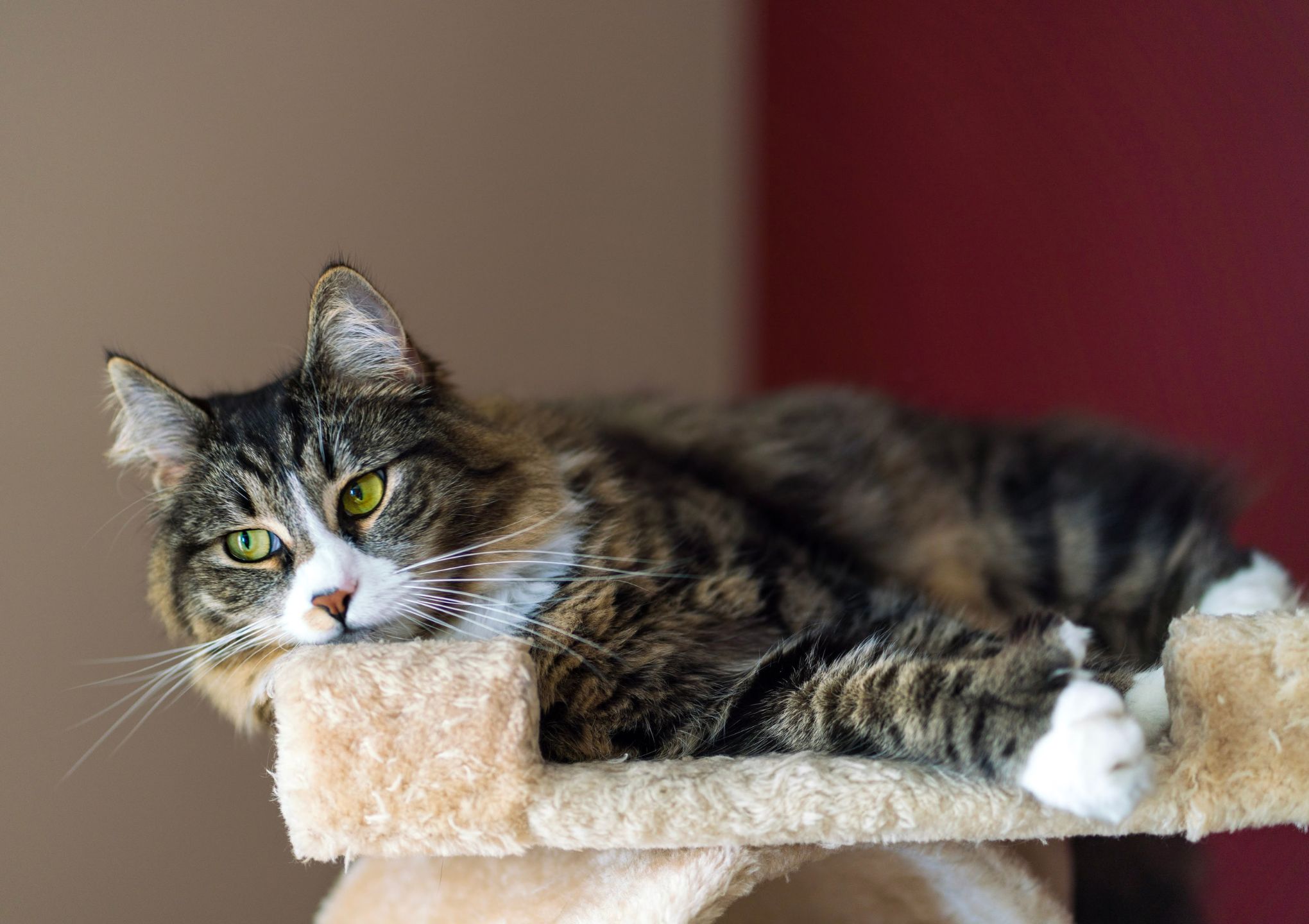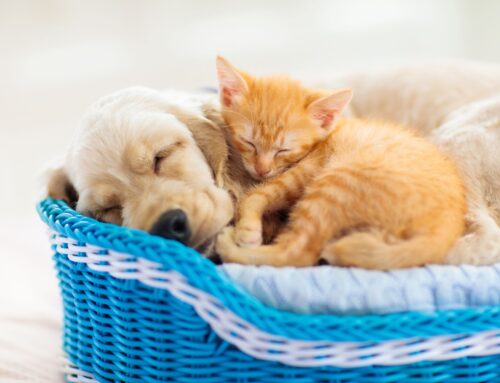Cats are known for their independent and often enigmatic nature, but just like humans, they can experience stress. Recognising the signs of stress in your cat is crucial for maintaining their health and happiness.
Recognising Stress in Cats
Cats may exhibit stress in various subtle ways. Understanding these signs can help you intervene early and provide the necessary care. Here are some common indicators that your cat might be stressed:
Changes in Appetite
A stressed cat might eat less than usual or, conversely, eat more as a coping mechanism.
Excessive Grooming
While grooming is a natural behaviour, excessive grooming can be a sign of stress, leading to bald patches or sores.
Litter Box Issues
Stress can cause a cat to avoid using the litter box, leading to accidents around the house.
Increased Hiding
If your cat starts hiding more than usual, it could be trying to escape from a stressful situation.
Aggression or Increased Irritability
A stressed cat may become more aggressive towards other pets or people.
Vocalisation
Increased meowing, yowling, or other vocalisations can indicate that your cat is feeling anxious or stressed.
Sleep and Activity Changes
Stress can disrupt your cat’s sleep, making them sleep more or less than normal. If you notice that your cat is less playful or less active than usual, it might be a sign they’re feeling stressed or not well.
Scratching Furniture
Excessive scratching of furniture or other objects can be a way for your cat to relieve stress.

Common Causes of Stress in Cats
Finding out what’s causing your cat’s stress can help you manage and reduce it. Common stressors include:
Changes in Environment
Moving to a new home or even rearranging furniture can be stressful for cats.
New Pets or People
Introducing new animals or people into the household can disrupt a cat’s sense of security.
Loud Noises
Thunderstorms, fireworks, and other loud noises can be particularly frightening for cats.
Changes in Routine
Cats thrive on routine, and significant changes can lead to stress.
Health Issues
Pain or discomfort from underlying health problems can also cause stress.

Steps to Take If Your Cat is Stressed
If you think your cat might be stressed, here are some steps you can try:
Create a Safe Space
Ensure your cat has a quiet, comfortable place to retreat to when feeling stressed.
Maintain Routine
Try to keep feeding, playtime, and other routines consistent to provide a sense of stability.
Environmental Enrichment
Provide toys, scratching posts, and other forms of enrichment to keep your cat mentally stimulated.
Use Calming Products
Products like pheromone diffusers or calming sprays can help reduce stress levels.
Consult a Vet
If your cat’s stress persists, it’s essential to consult a vet. Swift Vets can assess your cat’s condition and recommend appropriate treatments or interventions.
The Benefits of Choosing Swift Vets
Recognising and addressing stress in your cat is vital for their health and happiness. Swift Vets offers the perfect solution with their mobile veterinary services. By providing professional care in the comfort of your home, Swift Vets help ensure your cat remains calm and stress-free. Don’t wait—contact Swift Vets today and give your feline friend the care they deserve




